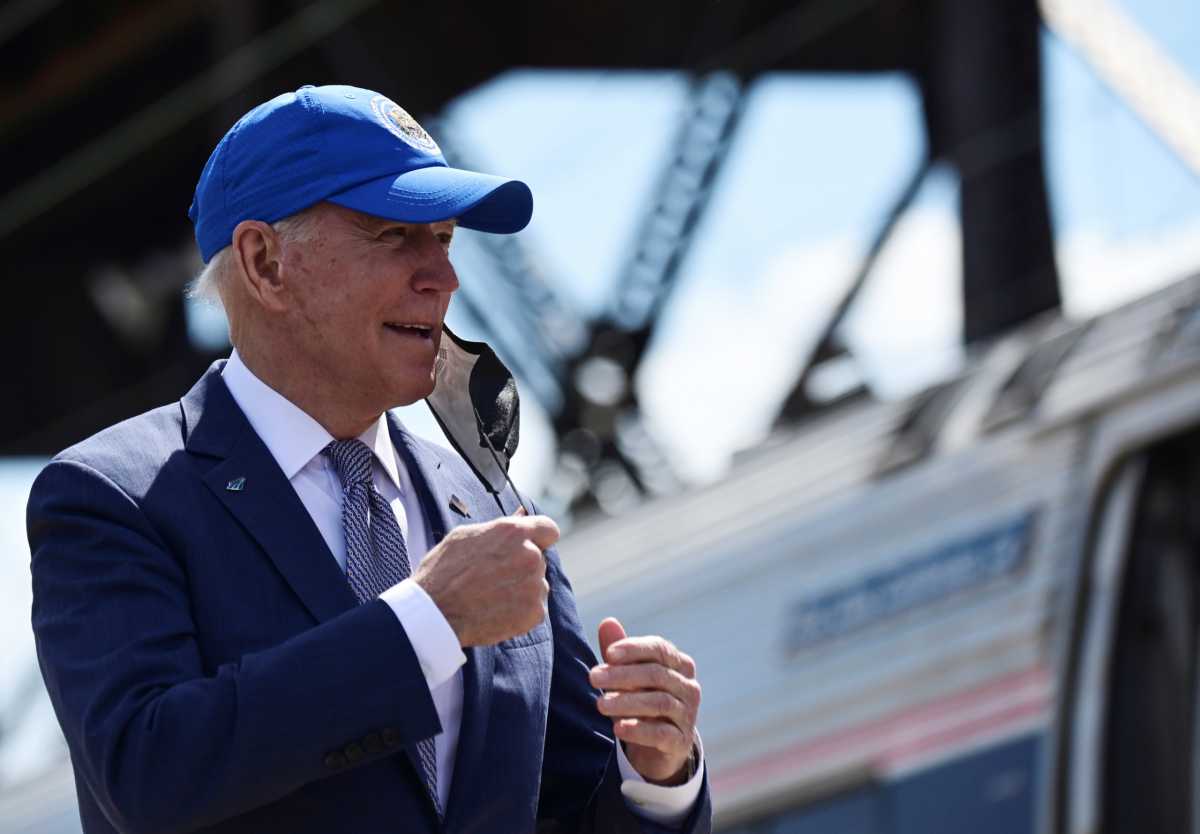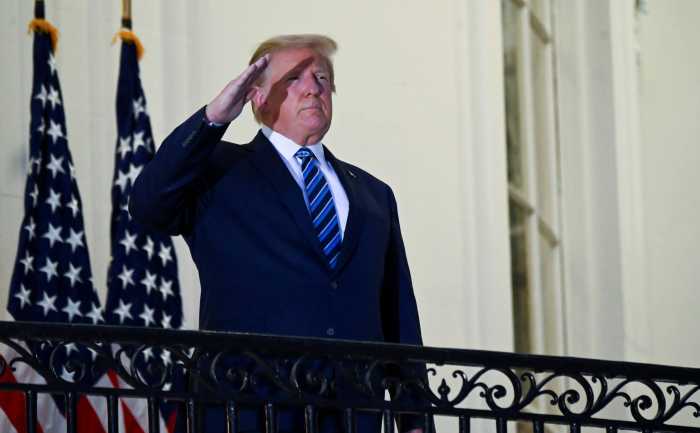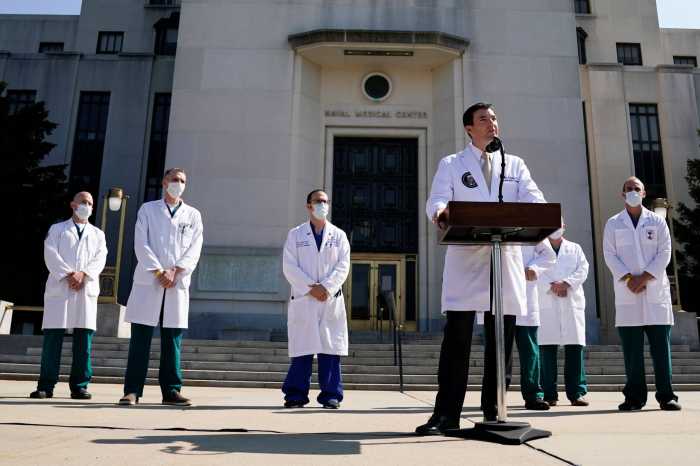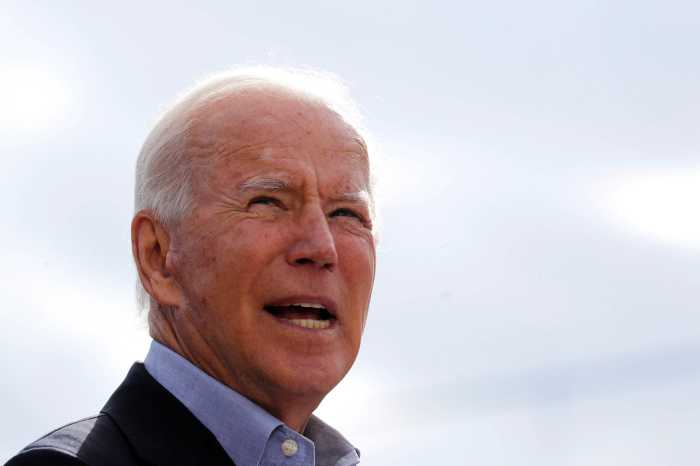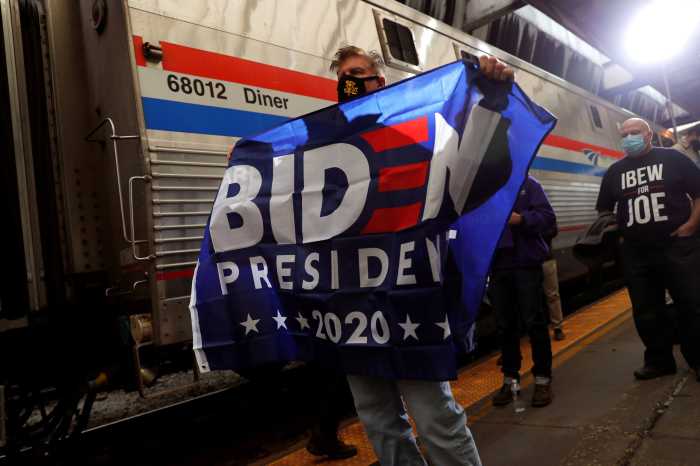Preliminary estimates indicate that President Joe Biden’s long-awaited infrastructure package will deliver more than a half-billion dollars to SEPTA over five years.
But the money is not enough to negate looming uncertainty over state funding for the authority’s capital budget, which incorporates long-term projects, such as the effort to revamp the trolley network and extend the Norristown High Speed Line to King of Prussia.
How much of Biden’s $1 trillion spending plan will flow into Philadelphia for other projects is unclear, as a significant portion of the money is being distributed through competitive grants.
Congress passed the infrastructure legislation last Friday, ending months of negotiations over the details of the bill. Biden is scheduled to sign the law Monday.
Among other priorities, the wide-ranging plan devotes $110 billion to repairing roads and bridges, $39 billion for public transit agencies and $21 billion to clean up polluted sites, such as abandoned mines and oil wells.
SEPTA anticipates receiving $120 million before the end of the fiscal year — which ends June 30 — and incrementally higher amounts every year, for a total of about $540 million, authority spokesman Andrew Busch said.
The authority also hopes to capitalize on some of the grant opportunities that will be available as a result of the bill, he added.
Unlike the $1.5 billion in federal coronavirus relief funding that went to SEPTA, the infrastructure money must be used on physical improvements, as opposed to operating costs.
Projects that could be boosted by the legislation include the trolley modernization initiative; the KOP extension; and the replacement of Regional Rail cars.
“We’re going to be working out some of those details in the weeks ahead, and also as we get a little more clarity on the bill,” Busch said.
There’s no shortage of needs. Busch said SEPTA has a maintenance backlog of $4.6 billion.
The infrastructure bill “certainly doesn’t get rid of the need to make sure that we have a sustainable and bondable source for state funding,” he told Metro.
The Pennsylvania Turnpike Commission provides a sizable chunk of SEPTA’s capital budget, but that funding arrangement is set to expire in June.
A 2013 state law stipulates that the funding be replaced with vehicle sales tax revenue, which may benefit the authority, as it could be bondable, meaning SEPTA would be able to borrow against it. The Turnpike dollars cannot be used to borrow money.
However, the switchover needs to occur during the state’s budget process. SEPTA leaders have been in talks with legislators in Harrisburg to reach a capital spending agreement.
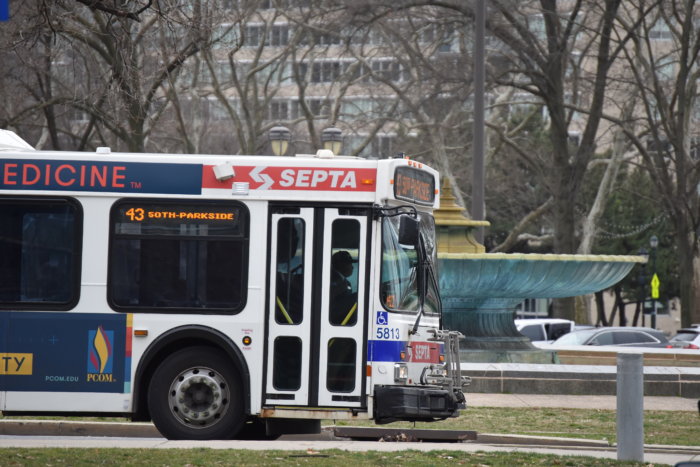
A spokesperson for the Kenney administration told Metro that “we will know in about five years” how much of the infrastructure package benefits Philadelphia-based projects.
That’s because so much of the money is tied to competitive grant processes, and the rest is being funneled through the Pennsylvania Department of Transportation and other governmental agencies.
City officials expect “increases in existing programs for our roads, bridges, housing and water infrastructure,” the spokesperson said, and Kenney’s office continues to review the legislation and await further guidance from the Biden administration.
Pennsylvania, as a whole, is expected to be allocated $11.3 billion for road projects, $1.6 billion for bridge replacements and repairs and $2.8 billion for public transportation, Gov. Tom Wolf’s office said.
State officials said they are also anticipating $1.4 billion to improve water systems and $344 million for airport renovations.



